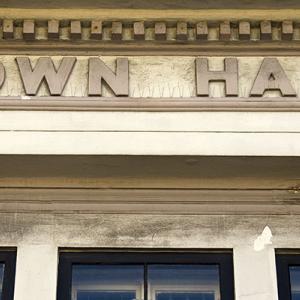17 March 2000
This year, health bodies were expected to maintain waiting lists at the same level as March 1999. But, as of the end of January, the numbers waiting for inpatient or day case treatment exceeded that target by a massive 12,000.
The country's 16 trusts and five health authorities are also facing similar financial pressures to the wider NHS.
The Welsh NHS is expected to run up a deficit of £26.2m this year, according to the National Audit Office (see story, right). One health manager told Public Finance that the situation was approaching 'meltdown'.
Part of the reason for the increase in waiting list numbers is that activity levels generally are rising, but emergency admissions in particular have soared.
The problem is exacerbated by delays to hospital discharges when arrangements for community-based care cannot be made by local social services departments, which also face a cash crisis.
In Gwent, these 'bed-blockers' are seen as the key issue. 'We are spending money on caretaking patients who aren't improving and need to be moved out into the community,' said Maggie Aikman, finance director of Gwent Health Authority. 'That money would be spent on waiting lists. And waiting lists are rising, particularly in trauma, orthopaedics and ophthalmology.'
Elsewhere, emergency admissions are wreaking havoc with hospitals' pre-planned workload. Richard Thomas, director of the NHS Confederation in Wales, warned that the situation was getting critical. 'Several trusts haven't performed any elective surgery since Christmas,' he said.
Pontypridd and Rhondda NHS Trust in Mid Glamorgan is one trust in this position. 'We've not been able to do any elective surgery since November,' said Alan Brace, the trust's director of finance. 'All our efforts have been on emergency medicine and surgery.'
The Morriston Hospital in Swansea was also forced to halt elective procedures.
A special emergency pressures task force, announced by the Welsh Assembly following the flu outbreak which hit the UK over Christmas, met for the first time last month.
But trusts point to an unprecedented rise in emergencies between April and June last year as evidence that rising emergency admissions are not a seasonal problem.
Despite the financial pressures already on the service, the Assembly is considering extending free eye tests for the whole of Wales, which could add £7m to the service's costs.
PFmar2000


















